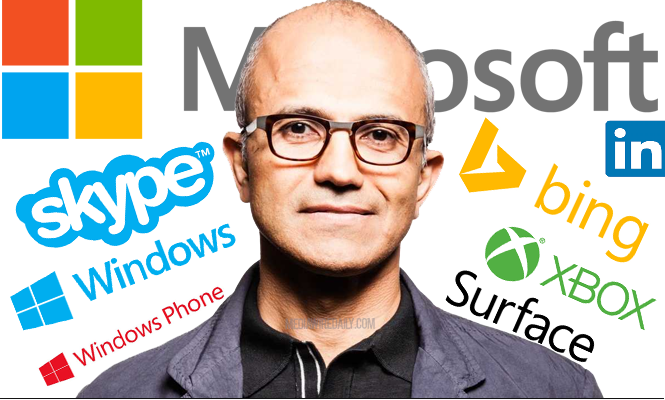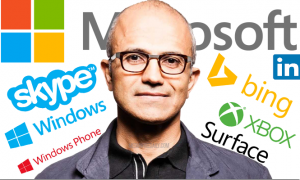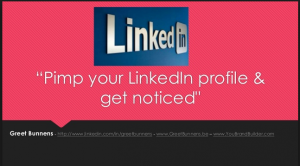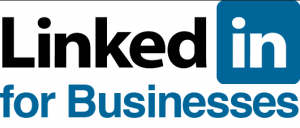
Microsoft snaps LinkedIn for £18bn ($26bn)

Microsoft is buying the Professional networking website LinkedIn for £18bn ($26bn) in cash, a deal set to boost Microsoft sale of its business and email software and also give access to the world’s biggest professional social network with more than 430 million members worldwide. The software giant will pay $196 a share, a premium of 50% to Friday’s closing share price.
LinkedIn would retain its “distinct brand, culture, and independence”. Microsoft plans to integrate with several assets such as Office 365, Exchange and Outlook,
Microsoft CEO Satya Nadella said: “The LinkedIn team has grown a fantastic business centred on connecting the world’s professionals and together we can accelerate the growth of Microsoft Office 365, LinkedIn and Dynamics.”
In an email to staff, he wrote “this deal is key to our bold ambition to reinvent productivity and business processes. How people find jobs, build skills, sell, do marketing and get work done and ultimately find success requires a connected professional world.”
LinkedIn shares soared to £193.70 in morning trading in New York. Shares in the company, which floated in May 2011, have fallen by more than 40% this year. The stock plunged by a quarter in February after the company issued a profit warning for the first quarter and reported an annual loss of $166m Jeff Weiner will remain chief executive reporting to Mr Nadella and Reid Hoffman the chairman, co-founder controlling shareholder of LinkedIn –both backed the deal.
Shares of Microsoft fell 3 % to $49.95 bringing the decline this year to 10%.
The takeover is by far the biggest acquisition made by Microsoft, which paid $8.5bn got Skype in 2011 and bought Nokia mobile phone business for $7.2bn in 2013. The LinkedIn acquisition also eclipses the $19bn paid by Facebook for WhatsApp in 2014. Microsoft would pay for LinkedIn mostly by issuing new debt and it expects the deal, which must be approved by regulators in the US, EU, Canada and Brazil to generate annual savings of $10m by 2018.


